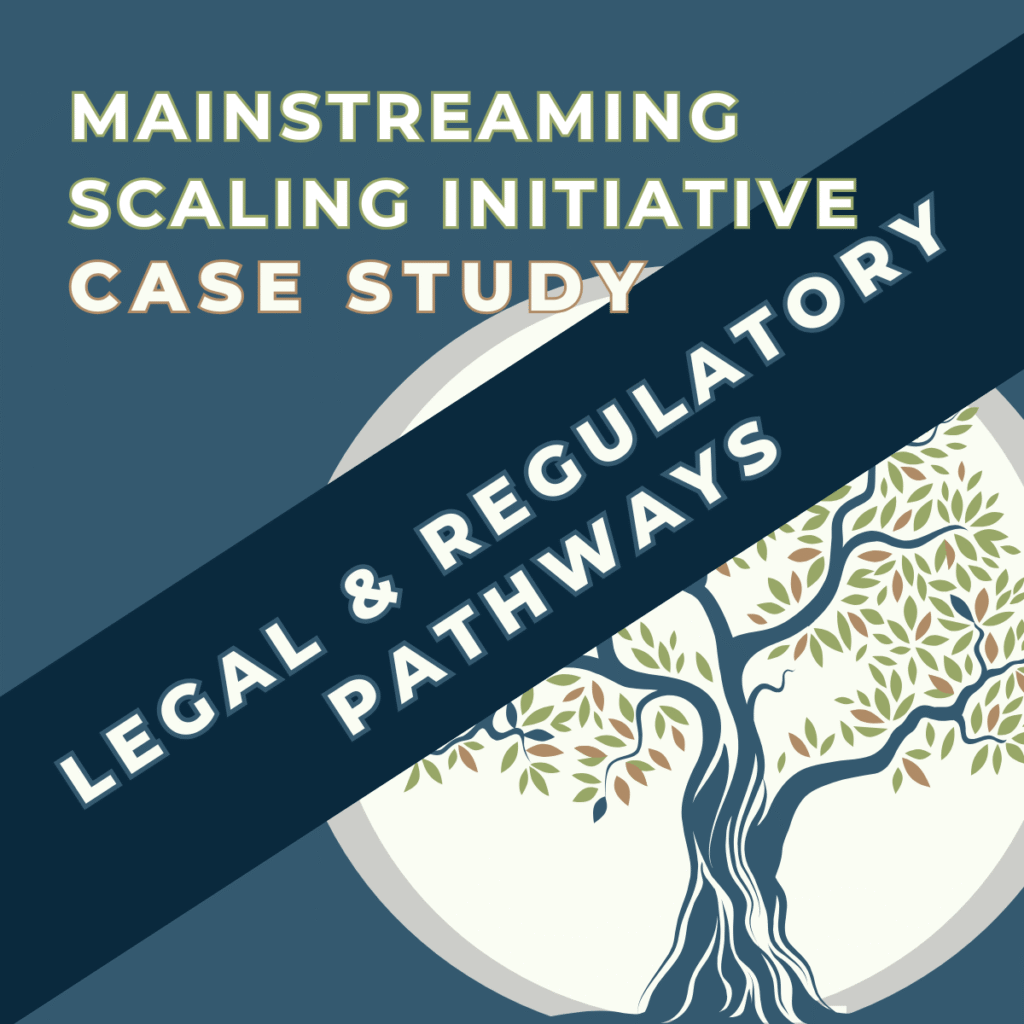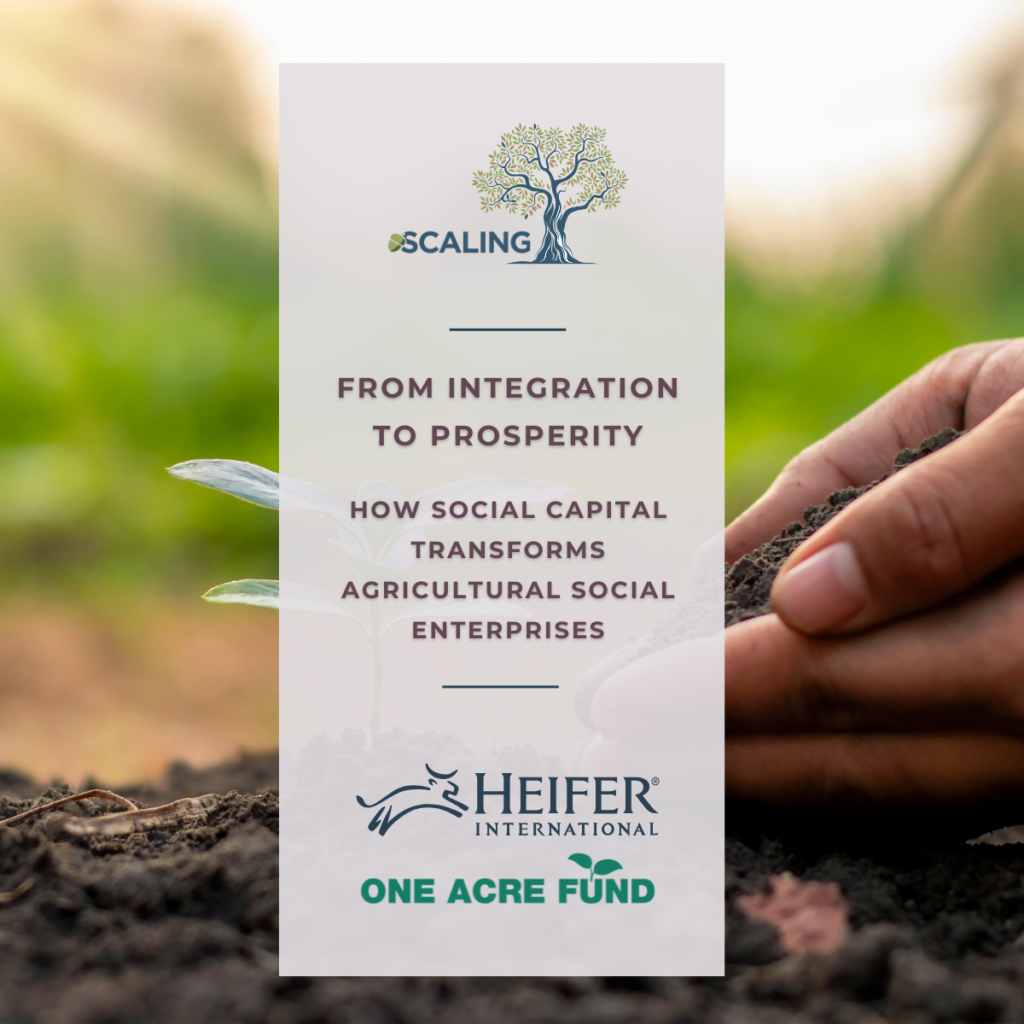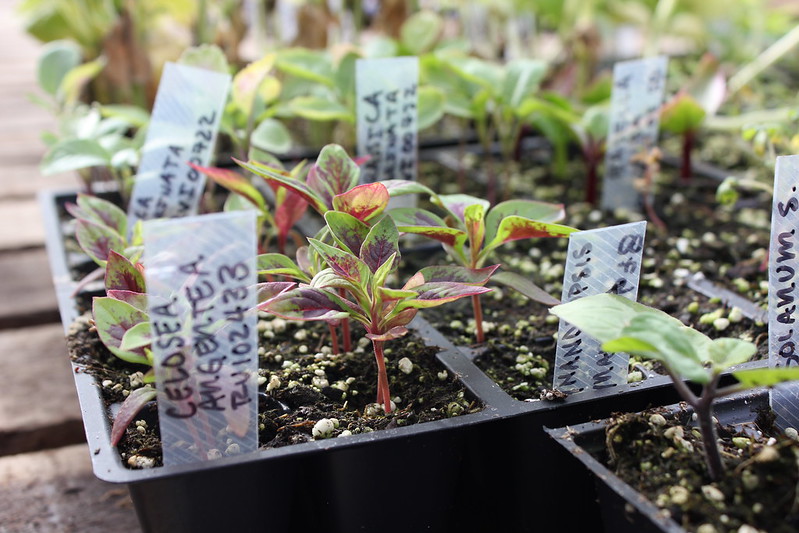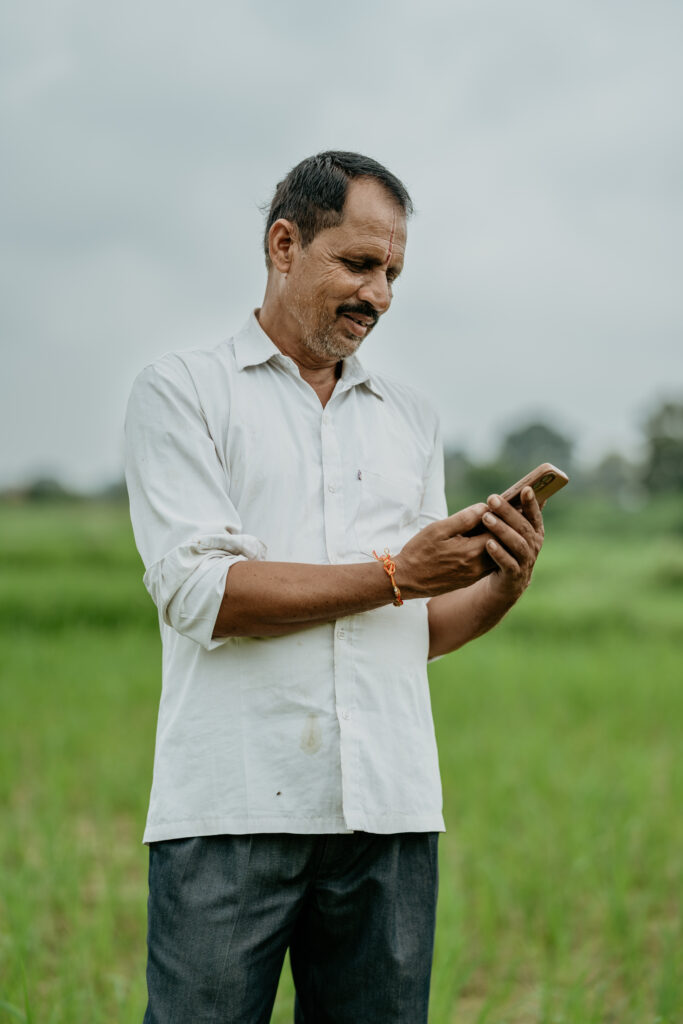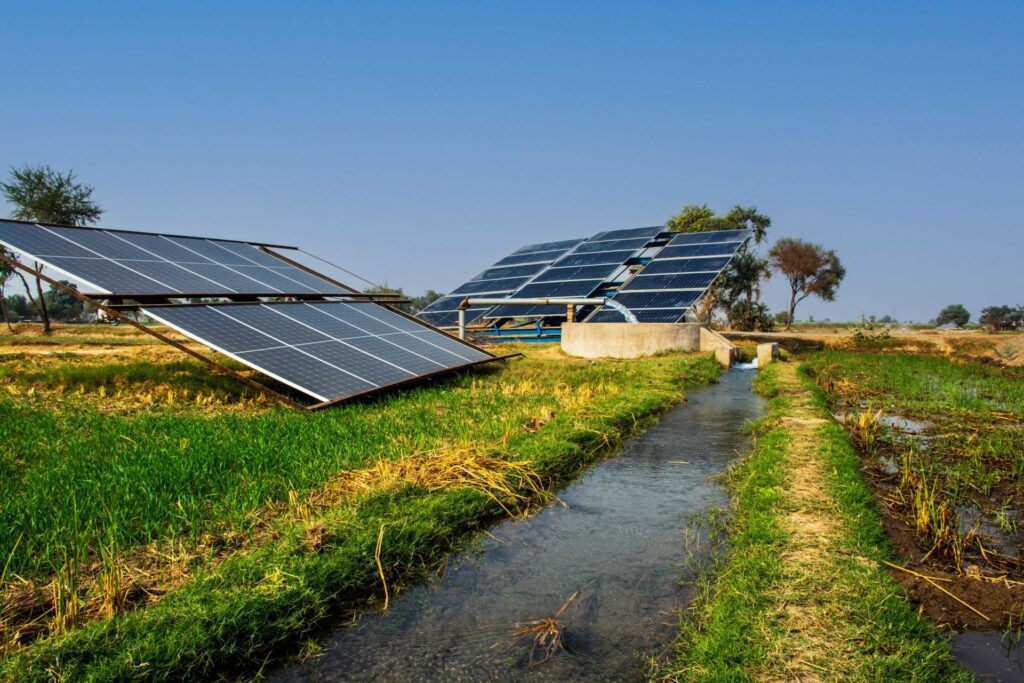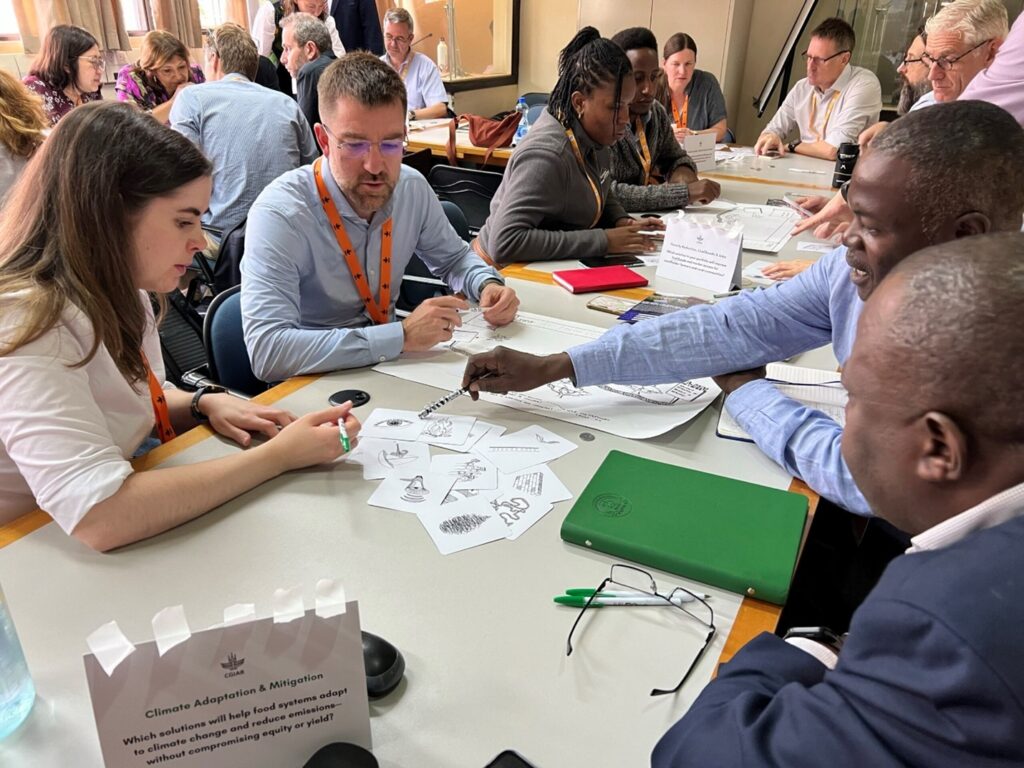EXECUTIVE SUMMARY A. Introduction Despite considerable efforts to promote innovation in the agricultural sector, a significant amount of technology either remains on the shelf or is not effectively scaled to reach its intended beneficiaries – the farmers and marginalized communities it is meant to support. This is true across publicly funded programs and projects, even though the U.S. Agency for International Development (USAID) and other donors prioritize striking a balance between fostering innovation and expanding stakeholder access to technology and ...
Social enterprises, through their combination of social mission and business approach, offer a unique point of entry into tackling scaling challenges in agriculture, particularly for groups such as smallholder farmers, youth, and women. Through innovative models, social enterprises can drive adoption in rural communities through financing and logistical networks, building more resilient, prosperous communities. Evidence shows that social enterprise can advance scale in agriculture. However, the effectiveness of these enterprises largely depends on the institutional ecosystem in which they operate ...
Reflections from discussions convened in Cape Town, South Africa – 6 October 2025, sponsored by the CGIAR Scaling for Impact Program and hosted by Responsible Innovations. Authors include Erin McGuire, Ashley Mutiso, Eva Valencia Lenero, Hanna Ewell, Ojongetakah Enokenwa Baa, Dorcas Sanginga, Ana Maria Paez, Julie Newton, Anne Rietveld, Marya Hillesland, Lena Keller-Bischoff, Karen Nortje, Emily Hillenbrand, A group of scaling scientists, gender specialists, and innovation researchers met in Cape Town, South Africa, to reflect on how agricultural research for ...
From 0 to 38 million farmers in just two years, PxD’s work shows how innovations in weather forecasting can be scaled rapidly and sustainably to strengthen climate resilience for smallholders. In 2023, India’s Ministry of Agriculture & Farmers Welfare (MoA&FW) signed an MoU with the Development Innovation Lab India (DIL-India) to pilot and scale solutions at the intersection of climate change, food security, and farmer welfare. As part of this initiative, PxD partnered with DIL-India and MoA&FW to deliver seasonal ...
The phrase ‘scaling for impact’ has become a common term in agricultural development. While many scientifically sound technologies demonstrate promise in trials, few are widely adopted to make a real-world impact. The blame often falls on extension systems, but this is an oversimplification of the issue. In this blog, we argue that successful scaling requires rethinking how technologies are piloted, framed, and supported, recognizing the broader network of stakeholders and incentives involved. In his book ‘The Voltage Effect’, John List ...
What should CGIAR invest in next? With over 1,000 innovations in its global portfolio, answering this question isn’t just about good science—it’s about strategic decision-making. And at CGIAR Science Week, that decision-making took on a surprisingly playful form. At CGIAR Science Week, an unorthodox session titled “Game On: Playing with Complexity” brought researchers, practitioners, and development partners together—not to listen passively, but to play. And in doing so, to fundamentally rethink how we prioritize, fund, and scale innovations in agricultural research for development ...



